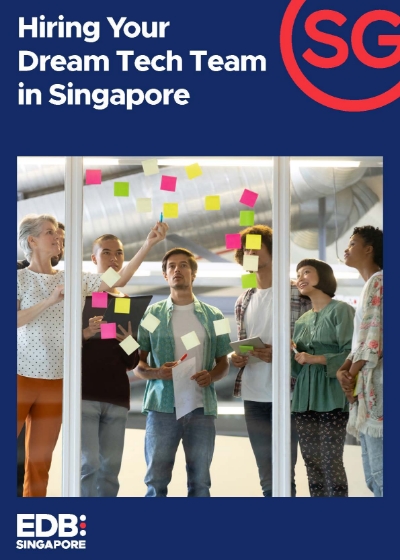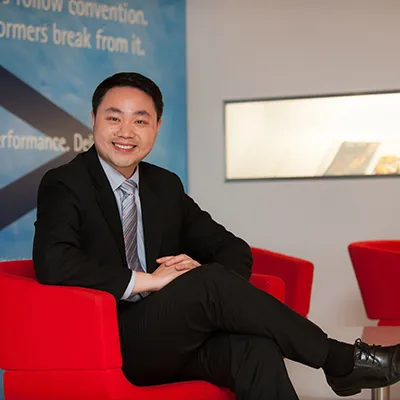After exploring why entrepreneurs, tech firms, and founders are moving to Singapore, here’s why engineering talents want to be in the heart of Asia.
Over the past few years, some of the biggest technology companies have made Singapore a key node in its operations. Social media giant Facebook is opening its first S$1.38 billion (US$1 billion) Asian data centre while Google’s third data centre for their next billion users is on the cards.
Southeast Asia’s own unicorns have also made Singapore their staging ground to grow their operations. Grab, the region’s largest ride-hailing platform, decided to relocate its headquarters to Singapore in 2014. E-commerce giant Lazada also chose Singapore as its group’s headquarters.
The common reason why the tech giants are turning to Singapore? Great talent, says Mr Lionel Wong, senior tech recruiter at Indeed.com, one of the largest job portals in the world. “If you look at Indonesian startups, you’ll realise they're building their engineering centres in Singapore. Big Indonesia unicorns base their tech teams here. The senior software engineers are being hired here. They see the talent here.”









